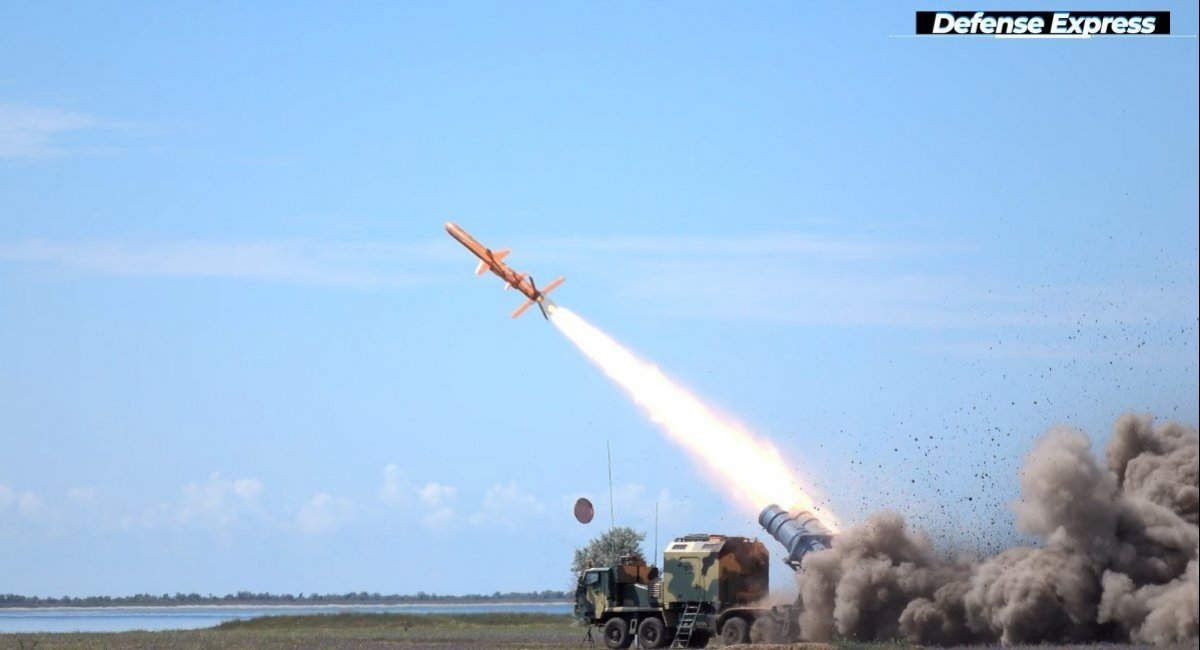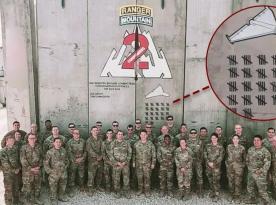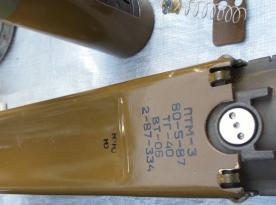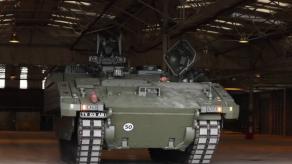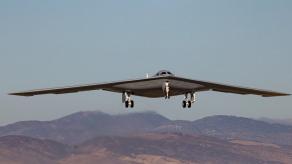Destruction of the Moskva cruiser, the flagship of the russian Black Sea Fleet, became the most renowned accomplishment of the Neptun (Neptune) anti-ship cruise missile, although contrary to widespread impression, not the first one.
In fact, the first target was the Admiral Essen frigate of Project 11356, now officially confirmed by the Commander of the Ukrainian Navy, Vice-Admiral Oleksii Neizhpapa in an interview with Ukrainska Pravda. Though the success was partial, the episode played an important role in preventing a russian landing assault in the early days of the war.
Read more: Ukraine Presents Sea Drone With Rocket Launcher and the Video of First Ever Drone vs. Ship Naval Battle
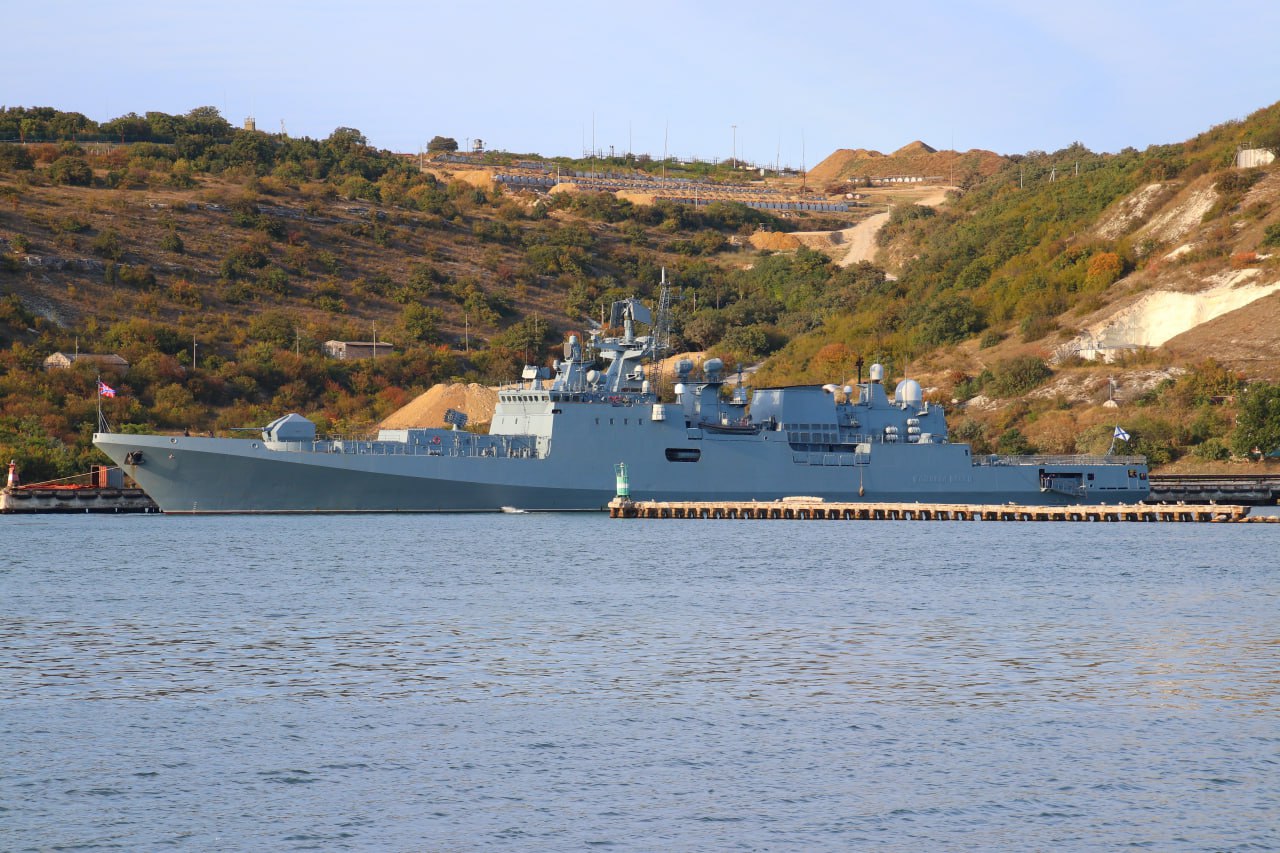
The incident occurred around April 2022, weeks or days before the sinking of the Moskva cruiser. One Neptune missile struck Admiral Essen while it was covering russian landing ships hovering near the Ukrainian coast in wait for an opening.
From Ukraine's perspective, the ships were signaling an intent to launch an amphibious assault operation at a certain location along the Black Sea coast, between the Pivdennyi port in Odesa and the town of Ochakiv about 30 km to the east.
Alternatively, those activities were a fluke aimed to distract the Ukrainian Defense Forces and prevent them from redeploying troops to deter the fierce russian offensive near Mykolaiv.
"...They repeated it time and time again, amphibious forces lined up in formation, moved towards Odesa with fire support ships — all classic moves, everything by the book. But we understood that these were purely demonstrative actions," recalls Vice-Admiral Neizhpapa.
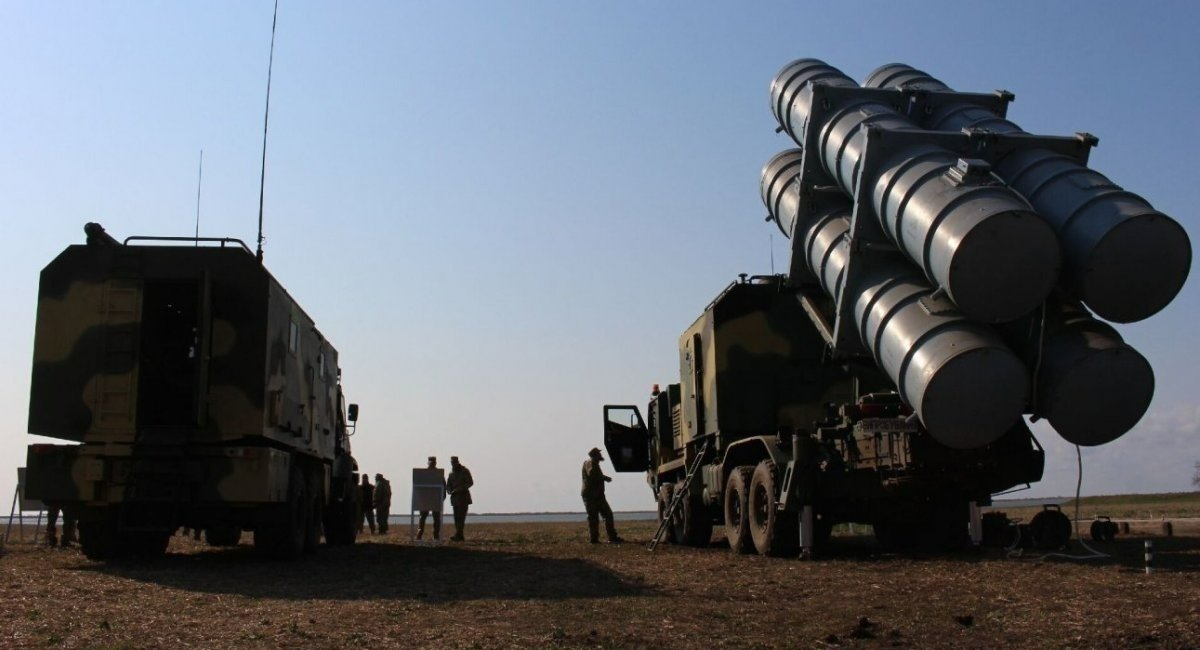
A decision to deploy Neptune was made. Although the missile did not cause significant damage to the frigate, it exploded near the side of the ship, killing several crew members and damaging critical weapons systems. It was enough to scare the russian ships away, they stopped their demonstrative actions and retreated to Sevastopol, Crimea.
The damaged frigate was out on repairs for a long time afterward. Moreover, In the chaos that began after Neptune damaged Admiral Essen, russians even shot down one of their own combat aircraft that was providing cover for the landing ships.
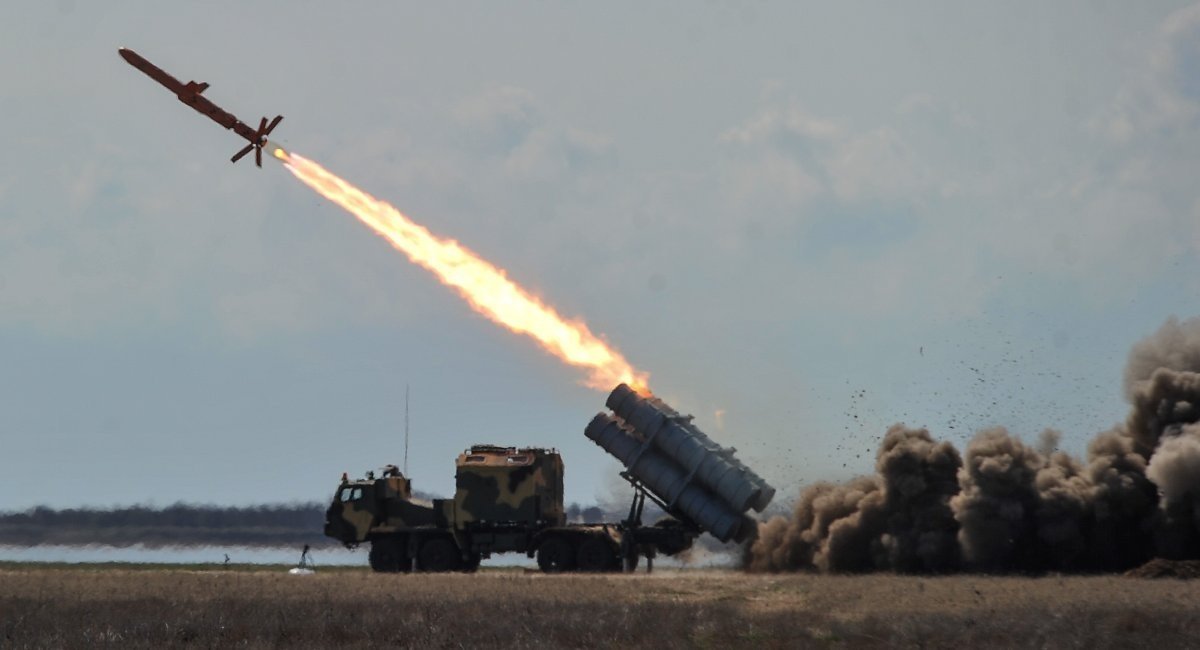
On a note from Defense Express, Navy Commander Neizhpapa's confirmation is the first public acknowledgment from a top-rank official that the Neptune's first combat use was against the Admiral Essen frigate. Earlier, it was only a theory, even though supported by a Navy officer back in February 2023.
Also, this incident highlights why sometimes even a successful hit on a ship is a significant victory, even if it doesn't cause significant damage. In this case, the attack disrupted the russian fleet's operations, freeing the Ukrainian forces to repel the russians near Mykolaiv.
Previously, Defense Express analyzed why a potential russian landing operation in Odesa would result in the 1945 failure in Japan.
Read more: Representative of Ukraine’s Navy Confirmed the Attack on russian Admiral Essen Frigate by Neptune Anti-Ship Cruise Missile Post Factum



